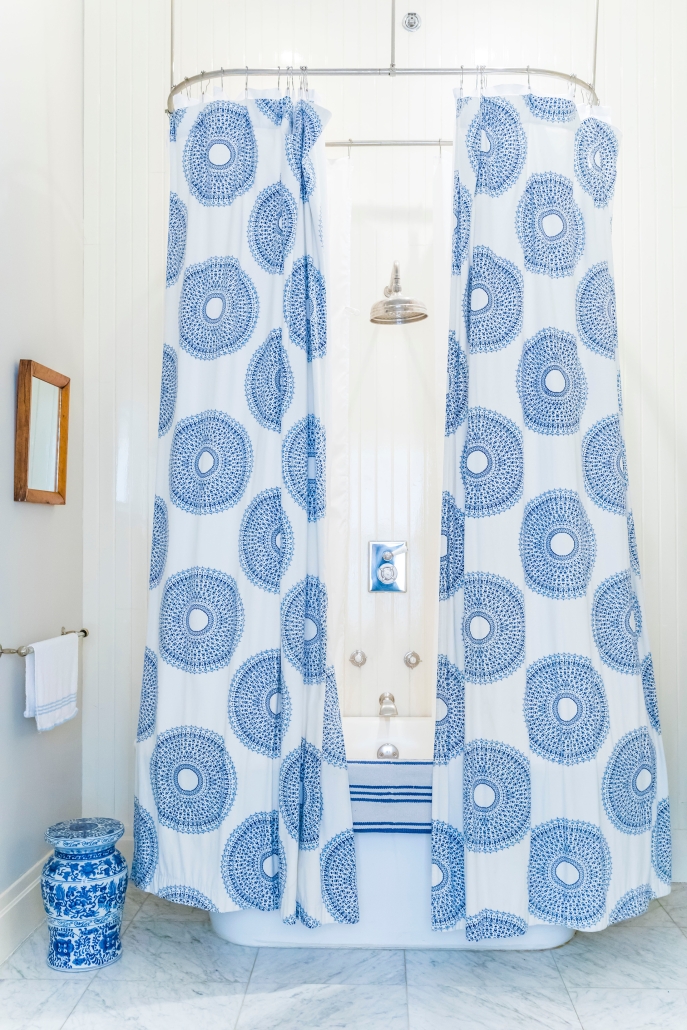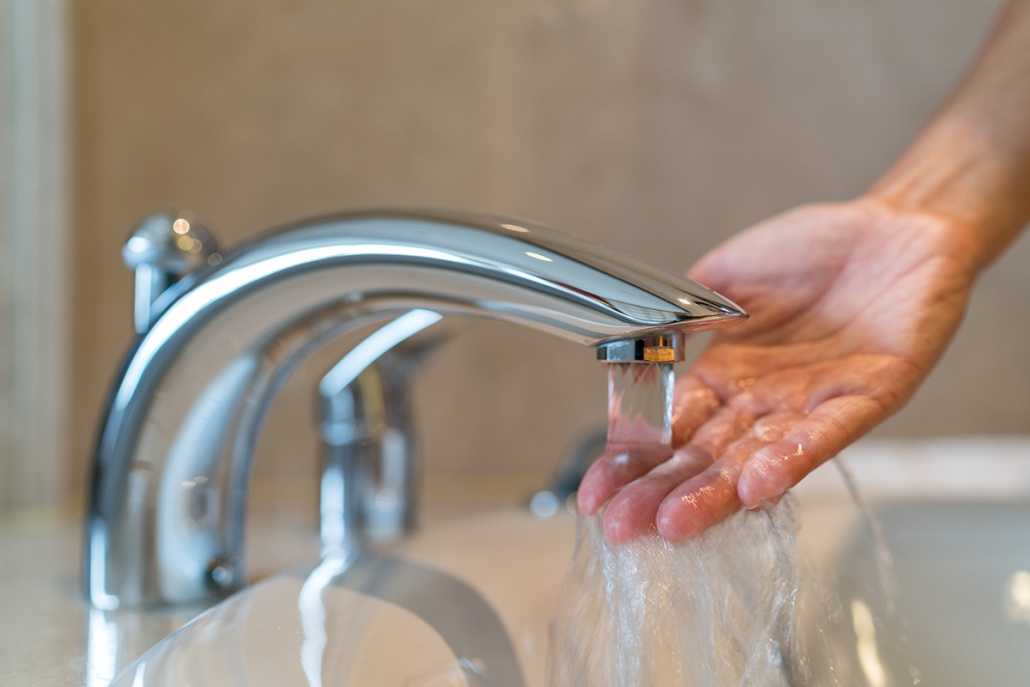How to get Hot Water to your Shower Fast!
After a beautiful and long day of work in the yard, there’s nothing better than a hot shower. But sometimes, the hot water can take forever to heat up. That’s why it’s essential to have a good water heater that can provide fast, hot water on demand. However, there are a few other important aspects and extra touches to ensure everything works together correctly.
The Process
Your hot water reaches your shower via a process of convection. Convection is the movement of molecules in a fluid (in this case, water) from one area of high concentration to another area of low concentration. In other words, the hot water molecules are moving from the water heater to your showerhead, and because there are more molecules in the water heater than in your shower, it takes quite an amount of time for the hot water to reach your shower. This is why it sometimes takes a while for the hot water to reach your showerhead.
So, one can do a few things to help speed up the process. One is to run the cold water in your shower for a minute or two before turning on the hot water. This allows the hot water molecules to move more quickly through the system. Another is to insulate your water heater and pipes. This will help keep the heat in the water longer and thus make it easier for the hot water to reach your showerhead. Finally, you can try installing a recirculating pump. This will help circulate the hot water throughout the system more quickly, making it available at your showerhead more rapidly.

Extra Insulation
So, if you’re tired of waiting for hot water to reach your showerhead, it might be time to insulate your pipes. This relatively simple and inexpensive task can significantly affect your wait time. By protecting your pipes, you’ll also be saving energy and money.
There are two main types of pipe insulation: foam and fiberglass.
Both types are effective, but the foam is usually easier to install. You may purchase insulation at most hardware stores or order online. Choosing the right kind of insulation for your particular needs is essential. Measure the pipes before you buy insulation to get the right size.
If you have and are living and working in an older home, the insulation around your hot water pipes isn’t as good as it could be. This can lead to heat loss and can make your hot water system less efficient. Adding extra insulation to your hot water pipes is a relatively easy and inexpensive way to help improve the quality and maintain the efficiency of your system and save you money on your energy bills. You may purchase insulation at most hardware stores or online. Choosing the right type of insulation for your particular needs is essential. Measure the pipes before you buy insulation to get the right size.
To insulate your pipes, cut the insulation to size and wrap it around them. Make sure to overlap the seams and seal them with duct tape.
That’s it! You’ve now insulated your pipes and can enjoy hot water more quickly.
Pump up the volume! How to get hot water to your shower fast!
A recirculating pump is a device that helps circulate hot water throughout your home, and we now do not have to wait as long for it to get to where it’s supposed to be! This can be a tremendous energy-saving measure since you’re not constantly running the water until it gets hot. Recirculating pumps are relatively inexpensive and easy to install, and they can pay for themselves in energy savings over time.
These great pumps are designed to circulate hot water throughout your home’s plumbing system; no longer the waiting!
This can be a tremendous energy-saving measure since you’re not constantly running the water until it gets hot. Recirculating pumps are relatively inexpensive and easy to install, and they can pay for themselves in energy savings over time.
Talk to a licensed plumber or heating contractor to see if a recirculating pump is suitable for your home. They can help you determine if your home’s plumbing is compatible with a recirculating pump, and they can also help you choose the suitable model for your needs.
Take care not to overdo it on any of these solutions, though! If the cold water runs for too long, you’ll lose heat from your water heater, and if you insulate your pipes too well, you may find that your shower doesn’t have enough pressure.
Finding just the right balance that works for you and your home is vital.




